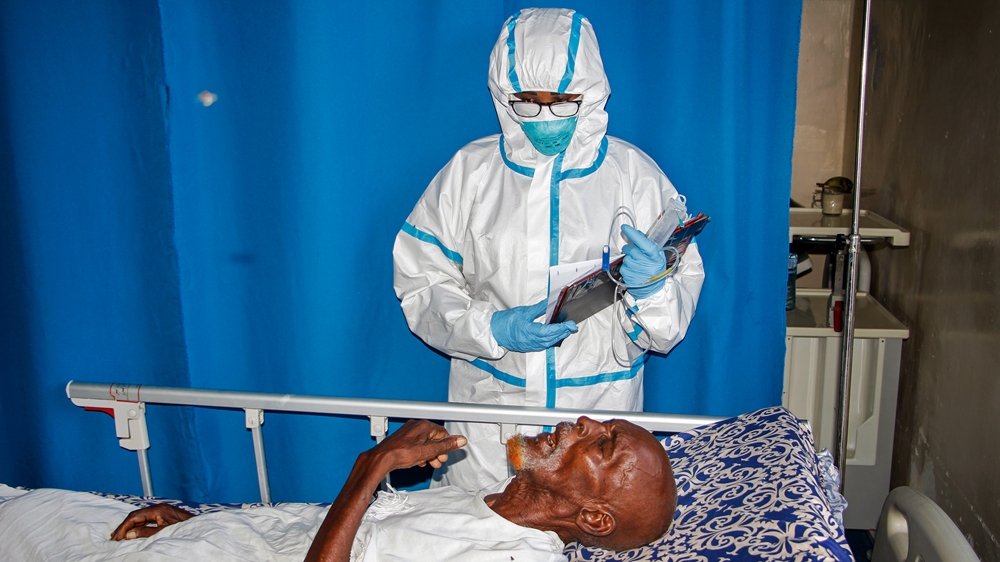
Somalia, UN urge protection of aid workers

Somalia and the United Nations on Wednesday called for the protection of humanitarian workers who provide life-saving assistance to vulnerable children, women and men in the Horn of African nation.
During the first half of 2020, 11 aid workers were killed, 11 others wounded and 23 kidnapped, including seven who were kidnapped and murdered in a single incident, the government and the UN said in a joint statement issued to mark the World Humanitarian Day.
The World Humanitarian Day this year has come at a critical time when the triple threat of COVID-19, floods and desert locusts has aggravated the humanitarian crisis in Somalia, said Adam Abdelmoula, UN humanitarian coordinator for the Horn of Africa country.
About 5.2 million people would need assistance and protection in 2020, and the situation is worsening, Abdelmoula said.
“Without sustained assistance, 3.5 million people will fail to meet their minimum food needs by September,” he warned. “In addition, we must shift the paradigm to sustainable solutions that help build resilience and lift people out of poverty.”
According to the UN, the operating environment in Somalia is particularly challenging for humanitarian workers due to widespread insecurity and poor infrastructure, which hampers the delivery of assistance to those in need.
It said access constraints surged during the first half of 2020, with 141 incidents reported against humanitarian operations by the end of July, compared to 151 in all of 2019.
Hamza Said Hamza, minister for humanitarian affairs and disaster management, lauded the role played by Somali humanitarian workers who form the backbone of the humanitarian operation in the country.
“I want to express my heartfelt gratitude to Somali aid workers, for their continued and unwavering service to humanity in one of the world’s most dangerous operating environments,” Hamza said.
The Somali government and the UN said the triple threat has exacerbated pre-existing vulnerabilities in Somalia, disrupted positive gains in socio-economic activities including farming and business, affected livelihoods especially for low-income earners and poor families, and strained the health care system.
The UN said 279 humanitarian organizations that are implementing programs in all 18 regions of Somalia have scaled up their activities to meet increased needs.
Since March, Somalia has reported 3,250 confirmed COVID-19 cases, 2,268 recoveries and 93 deaths.
The floods have affected nearly 200,000 people since late June in Hirshabelle, South West and Jubaland states, as well as Banadir region, forcing about 124,200 people to flee from their homes and damaging large acreage of farmland, said the UN.
According to the UN, desert locusts have devoured thousands of hectares of crops and pasture in Somaliland, Puntland and Galmudug.






